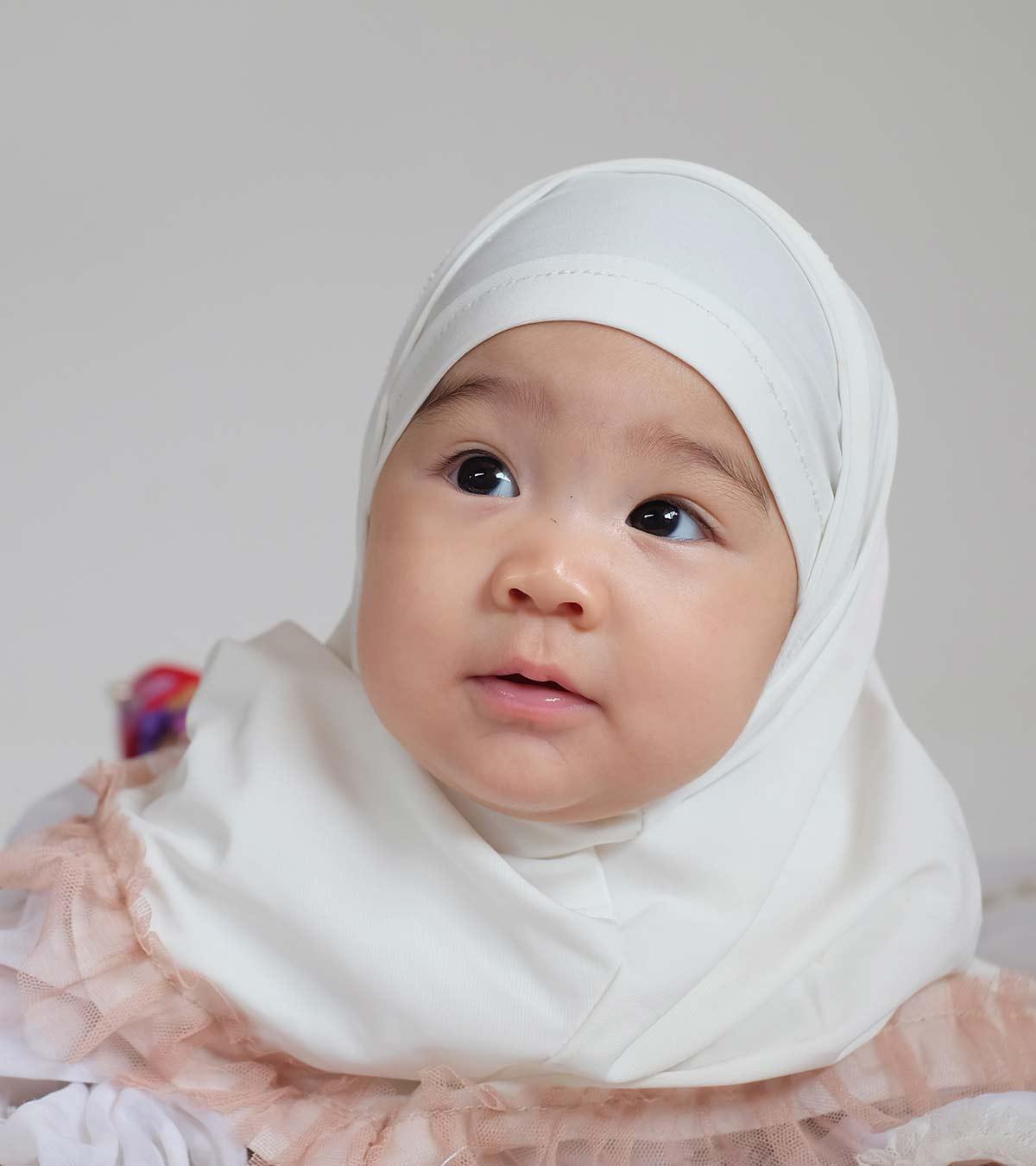

Anti-Muslim attacks are not new to Sri Lanka.

This means that people like the young men who were arrested and detained in 2020 after being lured into a one-day training camp by Zahran Hashim (the person identified as the mastermind of the 2019 Easter bombings) are likely to be sent to rehabilitation.ĭespite government claims that the regulations will deradicalise, even a cursory understanding of Sri Lankan history suggests the opposite. The regulations are similar to those issued in 2011, which enabled persons against whom there was inadequate evidence to indict to be ‘rehabilitated’ if the government presumed they were part of the Liberation Tigers of Tamil Eelam.Įvidence that the current regulations will be used in a similar manner can be found in Sri Lankan Commissioner General of Rehabilitation Major General Darshana Hettiarachchi’s statement that even those with ‘no direct links to the 2019 April attacks will be rehabilitated’. There is no mention of the criteria by which the decision to send a person to rehabilitation is made, nor is there information on the contents of the rehabilitation program. The regulations also violate the right to a fair trial because they allow a person to be deemed guilty and subject to rehabilitation for up to two years without trial - a decision made solely on the recommendation of Sri Lanka’s Attorney General.

The subjective determination of what is deemed an offence risks the decision being influenced by personal prejudice and unconscious bias. The regulations allow investigations to commence after an arrest - depriving persons knowledge of the reason for their arrest. The regulations create a new predictive style of offence based on a broad legal definition that enables the arrest and detention of citizens contrary to the procedure set out by Sri Lankan law and international human rights standards. The deradicalisation regulations allow law enforcement to send people who surrendered or were detained under the PTA, or emergency regulations issued after the Easter attacks, to ‘rehabilitation’. The state - which has predominantly used the law against Tamils - began using the law against Muslims after the 2019 Easter terror attacks. The PTA is a draconian law that does not adhere to human rights standards and for decades has enabled gross violations against Sri Lankan citizens through arbitrary arrest, detention, torture and the denial of fair trial.

On 12 March 2021, new ‘ Deradicalisation from Holding Violent Extremist Religious Ideology‘ regulations were issued under the Prevention of Terrorism Act (PTA) in Sri Lanka. Economics, Politics and Public Policy in East Asia and the PacificĪuthor: Ambika Satkunanathan, Open Society Foundations


 0 kommentar(er)
0 kommentar(er)
